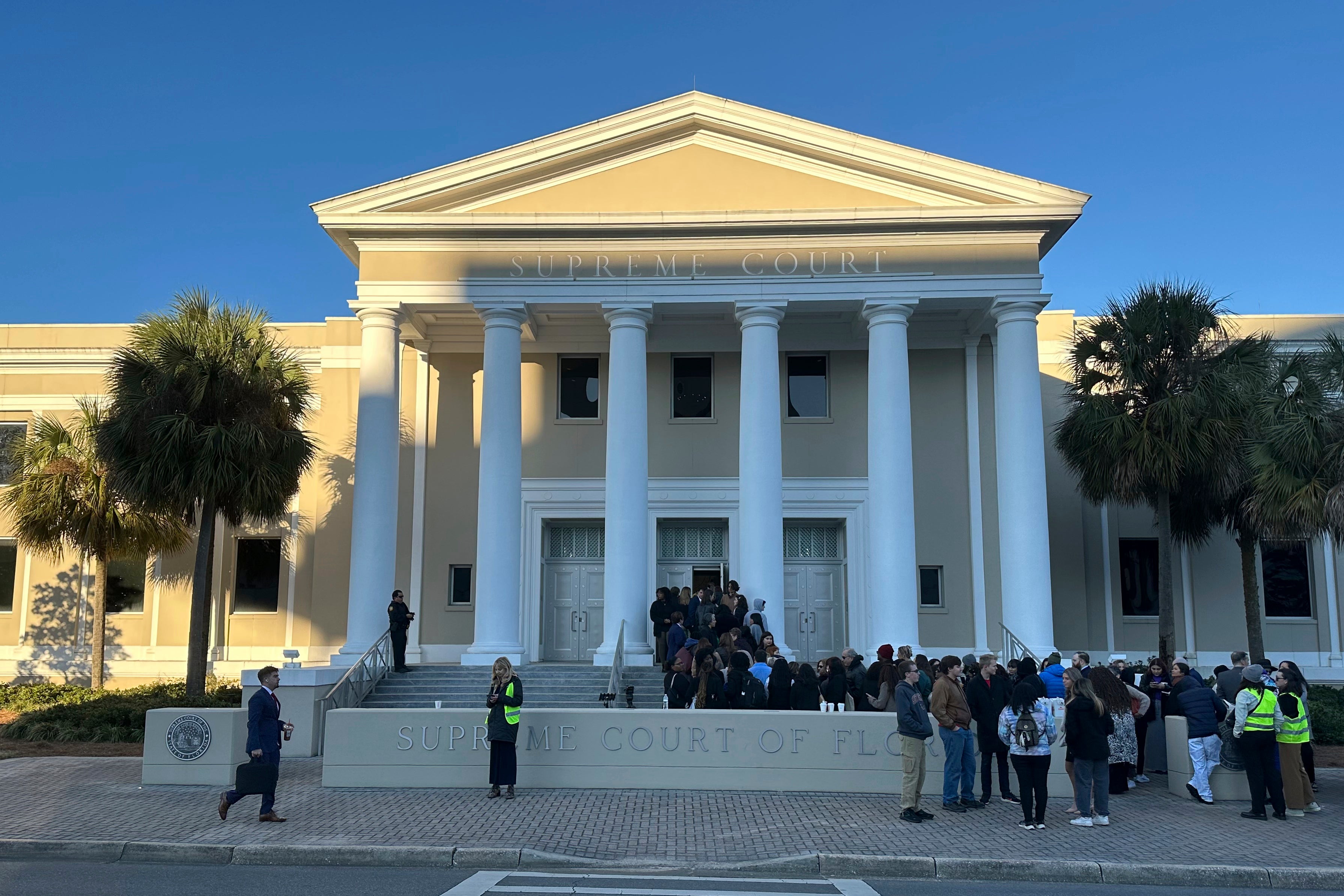Florida prosecutor seeks to clear records of people charged with buying police-made crack in 1980s
A Florida prosecutor says he will seek to vacate as many as 2,600 convictions of people who bought crack cocaine manufactured by the Broward County Sheriff’s Office between 1988 and 1990

A Florida prosecutor says he will seek to vacate as many as 2,600 convictions of people who bought crack cocaine manufactured by the Broward County Sheriff's Office for sting operations between 1988 and 1990.
The Florida Supreme Court ruled in 1993 that people couldn't be charged in cases where the sheriff's office had made the crack cocaine and undercover deputies then sold it to buyers who were arrested and charged.
Broward County State Attorney Harold F. Pryor said on Friday that while his office was reviewing old records, prosecutors realized that many of people may still have criminal charges or convictions on their records because of the sting operation.
“It is never too late to do the right thing,” Pryor said in a statement.
It’s just one example of how the crack cocaine epidemic of the 1980s and early 1990s led to harsh police practices and heavy criminal penalties.
Some people may have been convicted of serious felonies because they bought drugs within 1,000 feet (300 meters) of a school. Conviction under that law required at the time that defendants be sentenced to at least three years in prison.
“They were arresting people not for selling, but for purchasing,” Ed Hoeg, a defense lawyer, told the Sun Sentinel of Fort Lauderdale. At the time, Hoeg was a public defender who represented Leon Williams, whose appeal led to the state Supreme Court outlawing the practice.
“They had detention deputies posing as dealers,” Hoeg said. “They would sell it, and these poor people who were addicts were buying it. And they were selling it within 1,000 feet of schools, so the penalties would be greater.”
The sheriff's office said at the time that it began making crack because it didn't have enough of the seized drug to use in its sting operations and because it didn't have to later test the cocaine content of crack made by a sheriff's office chemist.
“We find that the law enforcement’s conduct here was so outrageous as to violate Florida’s due process clause,” the state Supreme Court wrote in the decision.
Pryor said he notified Broward County Sheriff Gregory Tony that Pryor would ask judges to vacate the convictions. Pryor said Tony supports the plan. Some defendants may also be able to seal or expunge the records, the prosecutor said.
The review will take “a considerable amount of time,” Pryor said. He said his office will contact people who may be affected.